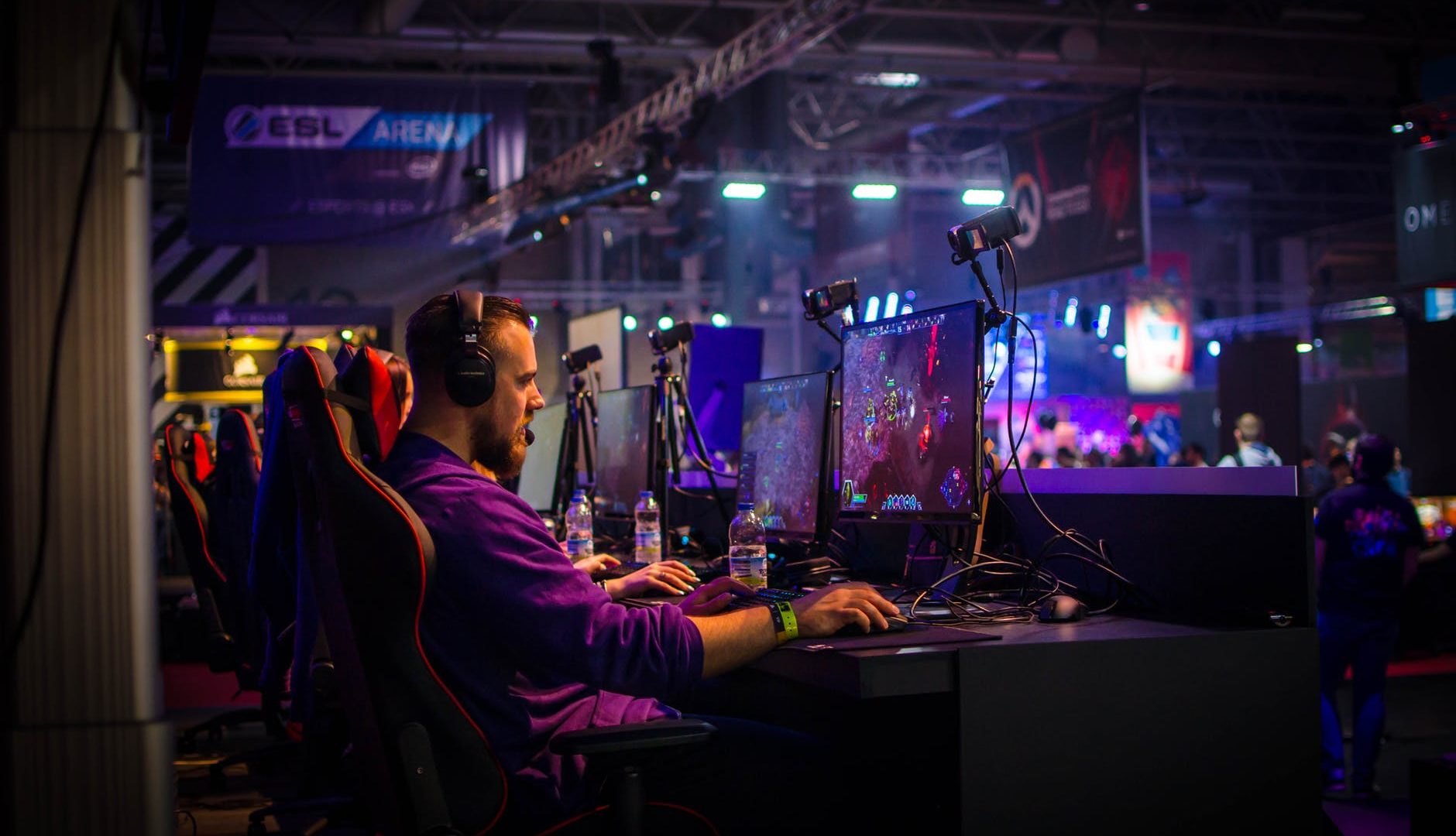
eSports
Gamers or athletes? Beyond the futile debate, the real growth of esports
If you have switched on your TV or read the news recently, at some point, you will have undoubtedly come across videos or pictures of huge crowds of young people cheering for their favourite club when pulling a last-minute win in a complicated game.
But wait, I’m not referring to football, basketball, or even curling, I’m talking about electronic sports, also known as esports, a form of single or multiplayer competition using video games.
The first recorded video game competition dates as early as 1972 when a group of friends at Stanford University played a game of Spacewar, a video game released in 1962. More than 45 years later, thanks to high-speed internet, technology advancements, and the launch of free online live-streaming platforms, esports have flourished as part of the digitisation of our society. Currently, the evolution of electronic sports seems unstoppable.
athletes?
But now back to the title of this blog post: are esports professional players athletes? Most traditional sports industry representatives tend to answer this question with a clear-cut no. However, according to research by Professor Ingo Froböse of the German Sports University of Cologne, esports athletes endure many of the same physical strains as regular athletes. In 2015, Professor Froböse showed in a study that certain professional esports players can execute up to 400 mouse and keyboard movements per minute (4 times more than an average person), or that their eye-hand coordination can be superior to that of a professional table-tennis player. He also managed to find out that the cortisol levels of some Counter-Strike (a tactical first-person shooter video game) players were up to par with those of a professional rally driver during a race, or that they would have heart rates going up to 160-180 BPM, as high as a marathon runner. Moreover, in some countries such as the USA or South Korea, esports players are already receiving athlete scholarships or can enter the country with an athlete visa.
many similarities
Esports and traditional sports share many similarities. They are both ‘spectator’ events with an archetypical competitive component where training, preparation, strategy, tactics, physical/mental health and motor skills are pivotal in any player or team’s success. We also encounter the same social (visas/contracts) and ethical (match-fixing) issues in both industries. Similarly, advertising, sponsorships, and broadcasting rights are essential in supporting the whole ecosystem.
Thanks to high-speed internet, technology advancements, and the launch of free online live-streaming platforms, esports have flourished as part of the digitisation of our society
the implications of intellectual property in esports
Meanwhile, too many people do not pay enough attention to the fact that esports is based on video games, which are products of intellectual property. The IP belongs to the publishers who develop the games (e.g. Riot Games, Activision-Blizzard, Valve), which is, of course, unprecedented in traditional sports. In my opinion, it is the only issue that will always prevent esports from being a conventional sport. Irrespective of the intentions of other stakeholders in the industry (e.g. tournament organisers, clubs, players, sponsors, etc.), all the rights to a specific video game will always belong to a particular publisher. It is also up to the publisher to decide on the future of any specific video game.
In some countries such as the USA or South Korea, esports players are already receiving athlete scholarships.
continued growth
However, at least from a personal perspective: who cares if esports players are considered as athletes? Why does there need to be so much debate around if esports is an actual sport? Esports are continuing to grow, regardless of all these discussions. Many young esports fans nowadays still do sports outside, and while some of them still want to become the next Lionel Messi or Rafael Nadal, many of them also want to be the next Faker, Ocelote or Coldzera. The traditional sports industry should embrace and welcome these generational changes and attempt to adapt to them, just as La Liga is doing with their FIFA esports competitions or the NBA with their NBA2K tournaments, among many others.
Time has shown that esports do not need to be catalogued explicitly as a traditional sport to continue breaking viewership and engagement records. While criticism directed towards the whole esports ecosystem continues, detractors should be mindful of the fact that esports is not going to go away any time soon and should surely give esports a chance!
esports insights
We at Logos are therefore hoping to support and contribute to these efforts moving forward. This is the first in an ongoing series of pieces aiming to offer insights into Esports. We hope you have enjoyed this Logos Insight and we welcome further engagement and feedback on the topic.
Follow us on Twitter and Linkedin to not miss out on the lastest logos insights.

